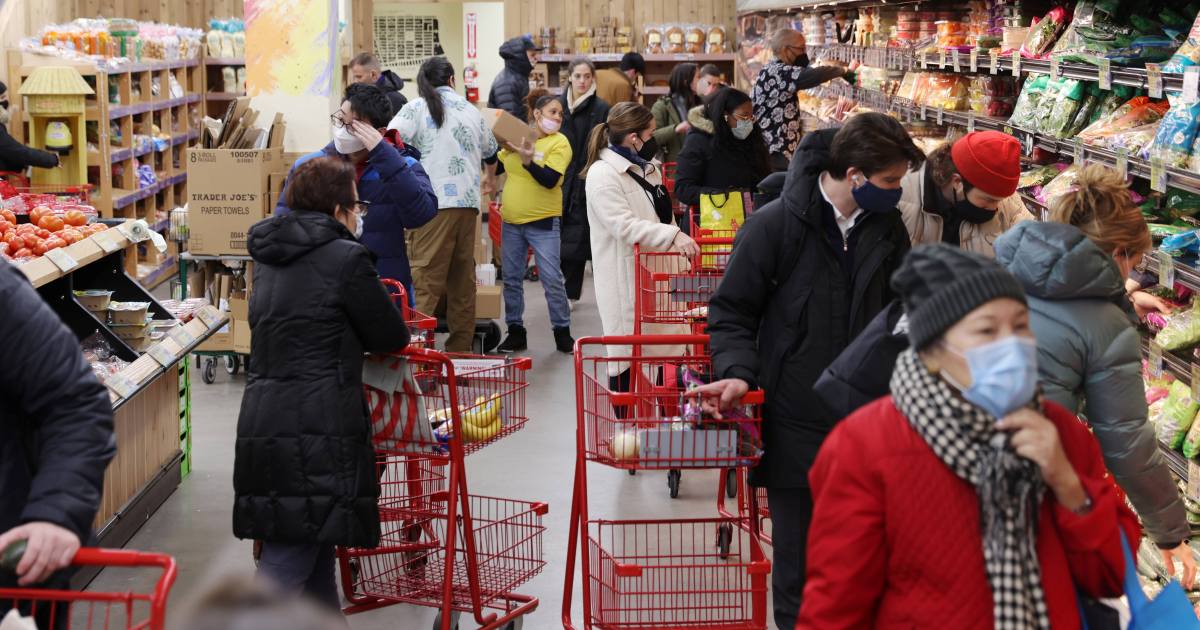Bolivia sees more unrest following opposition leader’s arrest
Protesters in farming hub of Santa Cruz province block highways amid ongoing calls for release of Luis Fernando Camacho.
Protesters in the Bolivian province of Santa Cruz have blocked highways in and out of the region as tensions continue to build following the arrest of opposition leader Luis Fernando Camacho last week.
“We have a mandate from our assembly that nothing leaves Santa Cruz and that is what we are going to do,” Romulo Calvo, head of the powerful Pro Santa Cruz civic group, said on Monday of the blockades.
Marcelo Cruz, president of the International Heavy Transport Association of Santa Cruz, also confirmed that routes were being blocked so no trucks could leave the province, a hub of agricultural production and conservative opposition to left-wing President Luis Arce’s government.
“No grain, animal or supply from the factories should leave Santa Cruz for the rest of the country. The blocking points are being reinforced,” Cruz said.
Camacho, the conservative governor of Santa Cruz, was arrested on December 28 for his alleged role in the 2019 political unrest that resulted in the forced removal of Bolivia’s democratically-elected former president, Evo Morales.
Camacho has denied the allegations, and his detention on “terrorism” charges has spurred protests and deepened divides between lowland Santa Cruz and the capital, La Paz, which have long butted heads over politics and state funds.
Critics have accused the Arce government of moving to silence opposition.
“We are no longer a state of law, we are an outlaw state,” said Erwin Bazan, from the right-wing Creemos party, arguing that the charges against Camacho are politically motivated.
But supporters of Arce have said Camacho’s arrest is a step towards accountability for the violence in 2019 that killed at least 37 people and resulted in the installation of interim right-wing President Jeanine Anez.
Morales, a left-wing leader and Bolivia’s first Indigenous president, and his allies have described the unrest as a right-wing coup and prosecuted opposition figures accused of participating in the events.
In June of last year, Anez was sentenced to 10 years in prison for her role in what happened.
Tensions in Santa Cruz had already been high following a decision by the government to delay the country’s census until 2024.
Local authorities had predicted that the province would receive greater funding and representation in Congress following the count due to population growth.
Santa Cruz is the country’s main producer of agricultural products such as soy, sugar cane, wheat, rice, corn, and livestock, and experts have said that the productivity of the region could be stifled by the unrest and road blockades.
“Santa Cruz is the economic stronghold of Bolivia,” said Gary Rodriguez, general manager of the Bolivian Institute of Foreign Trade. “All this great private productive effort is now in danger.”




